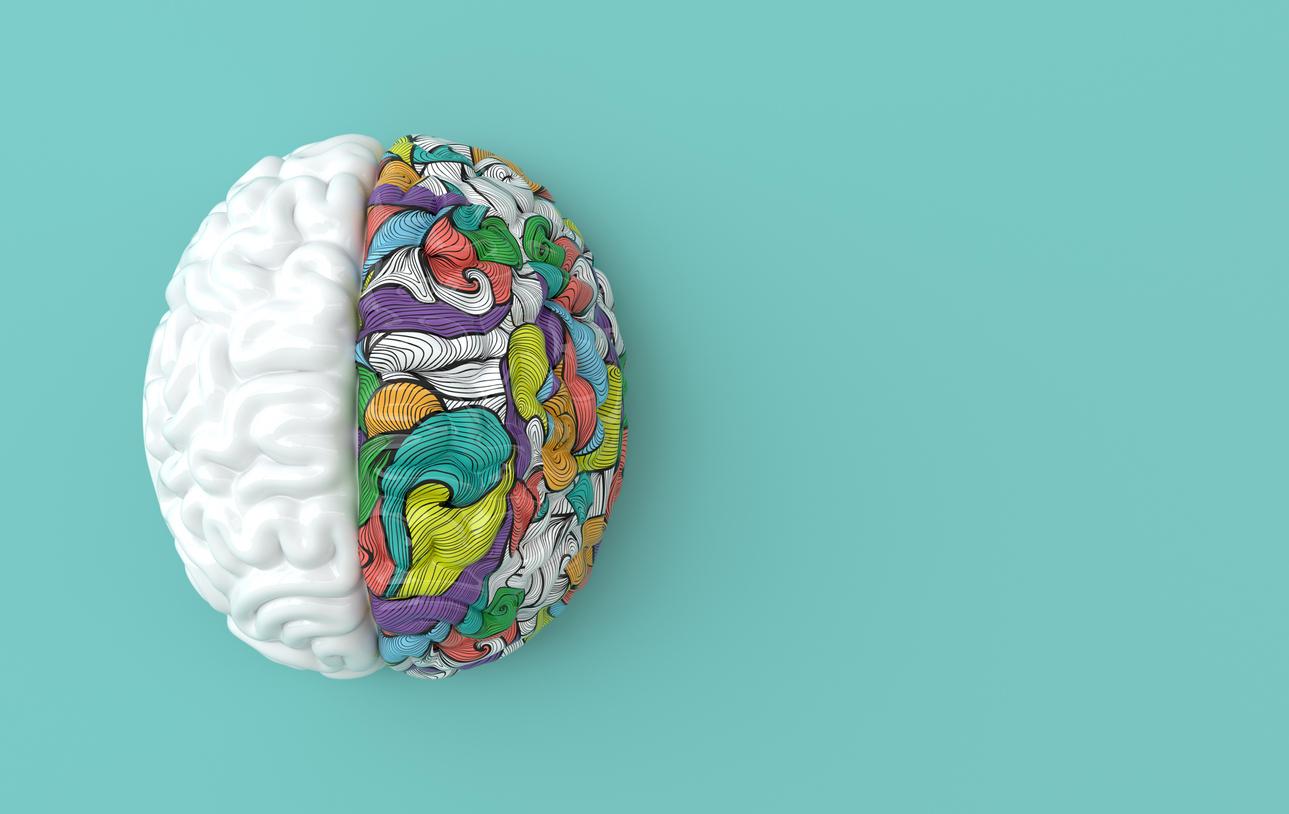Two years after her suicide, the widow of Robin Williams looks back on the agony of her sick husband. She calls on neurologists to continue their research.

American comedian and actor Robin Williams died on August 11, 2014 at the age of 63. Featured Mrs. Doubtfire and of Will Hunting, he was found hanged at his California home. A few days later, his wife, Susan Schneider Williams produced a press release explaining that he had Parkinson’s disease.
But according to elements revealed by the American site TMZMore specifically, Robin Williams suffered from a particularly severe form of Lewy Body Dementia (DCL), a common neurodegenerative disease associated with Parkinson’s disease. The site said it was in possession of documents proving it. More than two years after the death of their loved one, the entourage of the actor wanted to clarify the gray areas.
Help scientists understand
And his widow confirms the brain disease diagnosed in the star in November 2013. This pathology would have made the actor know various symptoms: anxiety, insomnia, paranoia and memory loss during the last months of his life. She even decided to share her husband’s long agony in an article: The Terrorist in my husband’s brain. Published a few days ago in the scientific journal Neurology, she writes to deliver “a personal story, terribly tragic, which breaks her heart”. The objective of this exercise is: to help scientists “understand [leurs] patients, their spouses and those around them ”and thus to“ make a difference in the lives of other patients ”.
As an anecdote, Susan Schneider Williams recounts that during the filming of Night at the Museum 3, the star “could not remember his text, while five months before, he had played for five months on Broadway The Bengal Tiger at Baghdad Zoo, sometimes playing twice a day, with thousands of lines of text, never making a mistake. This loss of memory and this inability to control his anxiety was devastating him, ”she blurted out.
The most difficult role of his life
“I saw the bravest man in the world play the most difficult role of his life,” continues the one who shared his life for 7 years. In what can be compared to a forgiveness, she indicates that she will “never know the true depth of the suffering” of her husband, that this situation finally pushed to put an end to his life. Especially since, according to her, Robin Williams often complained about the effects of her treatment for Parkinson’s disease.
Of course, it is not known what treatment the actor was following. But we frequently observe in DCL patients an intolerance to neuroleptics, prescribed for hallucinations and thought disturbances. “Robin is and always will be an exceptional spirit in the body of a normal man with a human brain,” she concludes.
Lewy body dementia (DCL)
Lewy body dementia (DCL) is characterized by abnormal protein deposits in the brain. These deposits (called Lewy bodies) interfere with communication between nerve cells, which they eventually destroy. 10 to 15% of people with dementia suffer from DCL, according to the Alzheimer Association. Men are slightly more affected than women.
The disease manifests itself in the progressive deterioration of cognitive abilities and the appearance of motor disorders. The first symptoms appear most of the time after the age of 60. The degenerative process first affects faculties such as planning, organization, orientation, adaptation to the environment as well as motivation. Unlike Parkinson’s, signs of dementia appear early, before motor disorders.
Visual hallucinations are also a frequent symptom, from the early stages of the disease. The patient sees objects, people or animals detaching themselves from inert surfaces (wall, ceiling, etc.). Their alertness, cognition, and moods can fluctuate drastically. So he can be fully awake, active and bouncy one moment, and be passive, confused, and unapproachable the next. The duration and intensity of these fluctuations vary widely. Finally, the DCL can be accompanied by psychic disorders (depression, anxieties, apathy, delusions…).
.





-1740653386.jpg)











